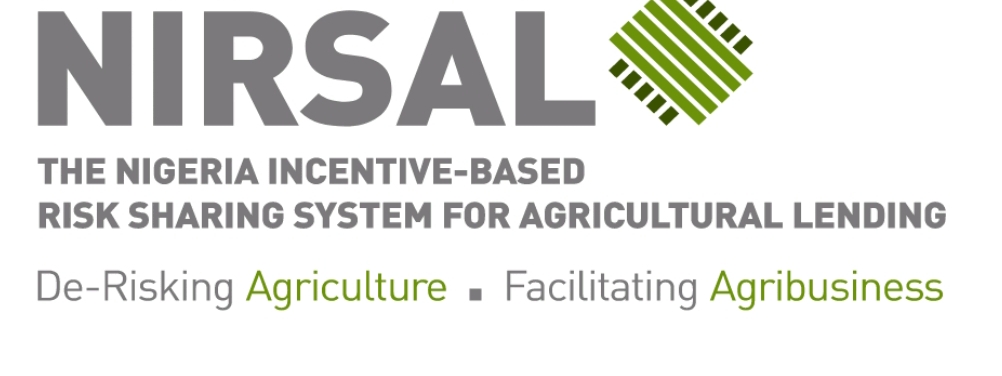To address the difficulties faced by farmers in accessing commercial finance, NIRSAL Plc sponsored a training program for 500 lead cassava farmers and extension agents in Kwara State.
The program focused on group formation and its importance in leveraging economies of scale and boosting access to finance for smallholder farmers.
During the 2-day program held in Ilorin, participants were introduced to the Agro-Geo-Cooperative( (AGC) Model which was developed by NIRSAL Plc to structure and de-risk agricultural primary production with the aim of increasing access to sustainable finance and productivity.
Mrs. Adaku Obikwere, the training Team Lead from NIRSAL, carefully explained to participants how, through the AGC Model, farmers could form cooperatives based on the interconnectedness of their farmlands to attain scale that is attractive to commercial financiers.
Speaking during the opening day of the Exercise, Hon. Abdullahi Suleiman, Special Adviser to the Kwara State Governor on Farmers’ Interventions, expressed his confidence in the value of capacity development, believing that this exercise would generate a significant impact in the Agric sector while fostering sustainability and economic growth in Kwara State.
Confirming that the exercise aligned with the Kwara State Government’s Agriculture Transformation Plan, Honourable Suleiman celebrated the longstanding partnership between Kwara State and NIRSAL Plc, saying it has been “many years of delivering value and impact for Kwara farmers”.
In their remarks following the conclusion of the sessions, participants demonstrated their recognition of how coming together to form groups would help them spend less on farm mechanization and monitoring, ensure better adoption of technology, enhance risk-sharing, increase their yields, and give them access to guaranteed markets.
The AGC, they believed, would improve their ability to repay loans and ultimately guarantee better living conditions for their families.
NIRSAL’s value chain capacity development programme is anchored under the Technical Assistance pillar of the institution’s mandate.
Through this train-the-trainer approach to boosting personnel capacities across Nigeria’s agricultural value chain, NIRSAL has trained over eight hundred thousand farmers and extension agents since inception.
The institution believes that these trainings would gradually wean Nigerian smallholder farmers from dependence of interventionist finance to building agribusinesses that embrace commercial finance.

